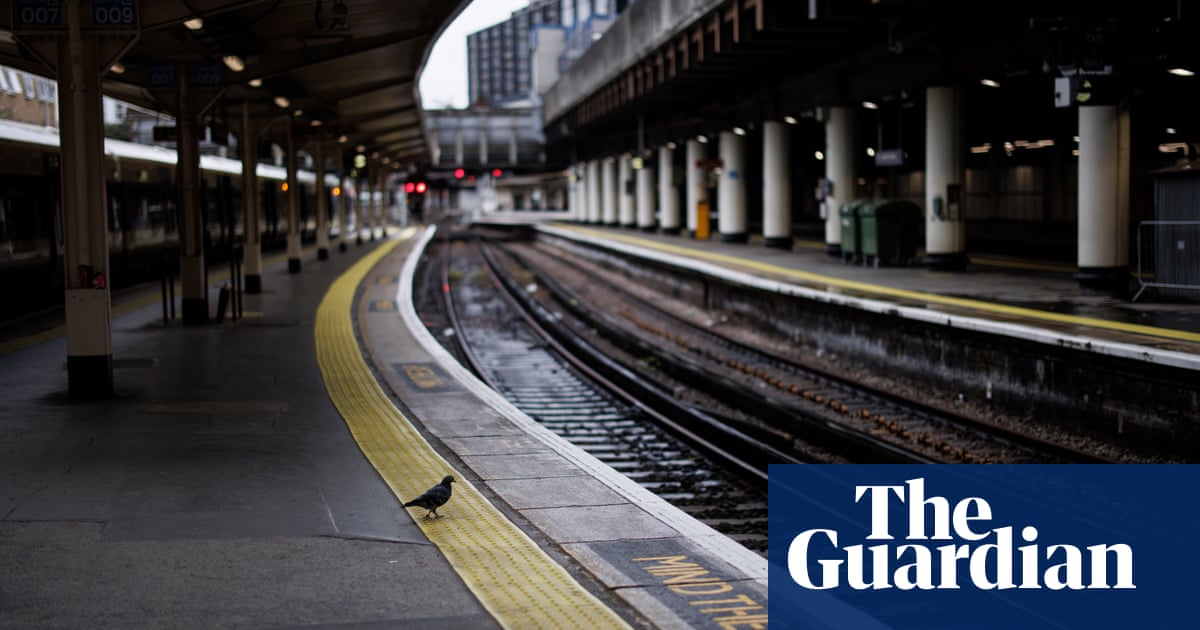
Train drivers are to stage a fresh strike in their long-running dispute over pay, threatening more travel chaos for passengers.
The action by members of the Aslef union will take place on 1 September. They will be subject to an overtime ban on 2 September, the same day as a strike by other rail staff.
The National Union of Rail, Maritime and Transport Workers announced a week ago that 20,000 of its members employed across 14 train operators would strike on 26 August and 2 September as part of their own dispute.
Aslef said its strike would force train companies across England to cancel all services, while the ban on overtime would “seriously disrupt” the network.
The union maintains that none of the privatised train-operating companies employs enough drivers to provide a proper service without employees working on their days off.
The companies that will be affected by the industrial action are Avanti West Coast; Chiltern Railways; c2c; CrossCountry; East Midlands Railway; Greater Anglia; GTR Great Northern Thameslink; Great Western Railway; Island Line; LNER; Northern Trains; Southeastern; Southern/Gatwick Express; South Western Railway; TransPennine Express; and West Midlands Trains.
The strikes are likely to mean trains start later and finish much earlier than usual, with only about half of services in some areas, while other parts of the country will have fewer or no services at all.
Evening services on some lines are likely to be affected on the days before each strike and on the mornings afterwards.
Mick Whelan, the Aslef general secretary, said: “We don’t want to take this action but the train companies, and the government which stands behind them, have forced us into this place because they refuse to sit down and talk to us and have not made a fair and sensible pay offer to train drivers who have not had one for four years – since 2019 – while prices have soared in that time by more than 12%.
“The government appears happy to let passengers – and businesses – suffer in the mistaken belief that they can bully us into submission. They don’t care about passengers, or Britain’s railway, but they will not break us.”
He added: “Train drivers at these companies have not had a pay rise for four years, since 2019, while inflation has rocketed, We haven’t heard a word from the employers – we haven’t had a meeting, a phone call, a text message, or an email – since 26 April and we haven’t had any contact with the government since 6 January.”
It will be the 12th one-day strike by Aslef members since the dispute started more than a year ago. A series of overtime bans by drivers have caused disruption on the rail network over the summer, including from 3 July to 8 July, from 31 July to 5 August and from 7 to 12 August.
Whelan warned of further industrial action if the deadlocked row continued, saying Aslef members were pressing the union to go “harder and faster”.
A spokesperson for the Rail Delivery Group, which represents train operators, said: “Further strike action by the Aslef leadership is unnecessary and will cause more disruption to passengers looking to enjoy various sporting events and the end of the summer holidays.
“The union leadership has its head in the sand and refuses to put our fair and reasonable offer to their members. The offer would increase the average driver base salary for a four-day week without overtime from £60,000 to nearly £65,000 by the end of 2023.
“We want to give our staff a pay increase, but it has always been linked to implementing necessary, sensible reforms that would enhance services for our customers. We urge the Aslef leadership to acknowledge the substantial financial challenges facing the rail industry and work with us to achieve a more dependable and robust railway system for the future.”
The rail unions are also campaigning against controversial plans to close most railway ticket offices. More than 300,000 people have responded to a consultation on the matter, which ends on 1 September.











